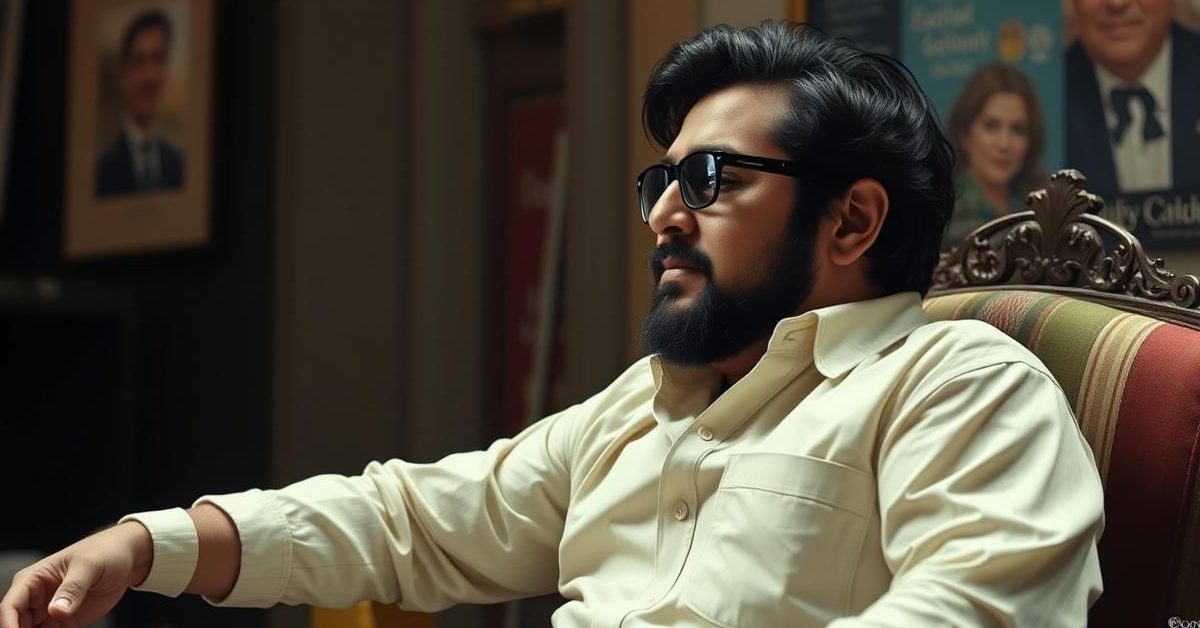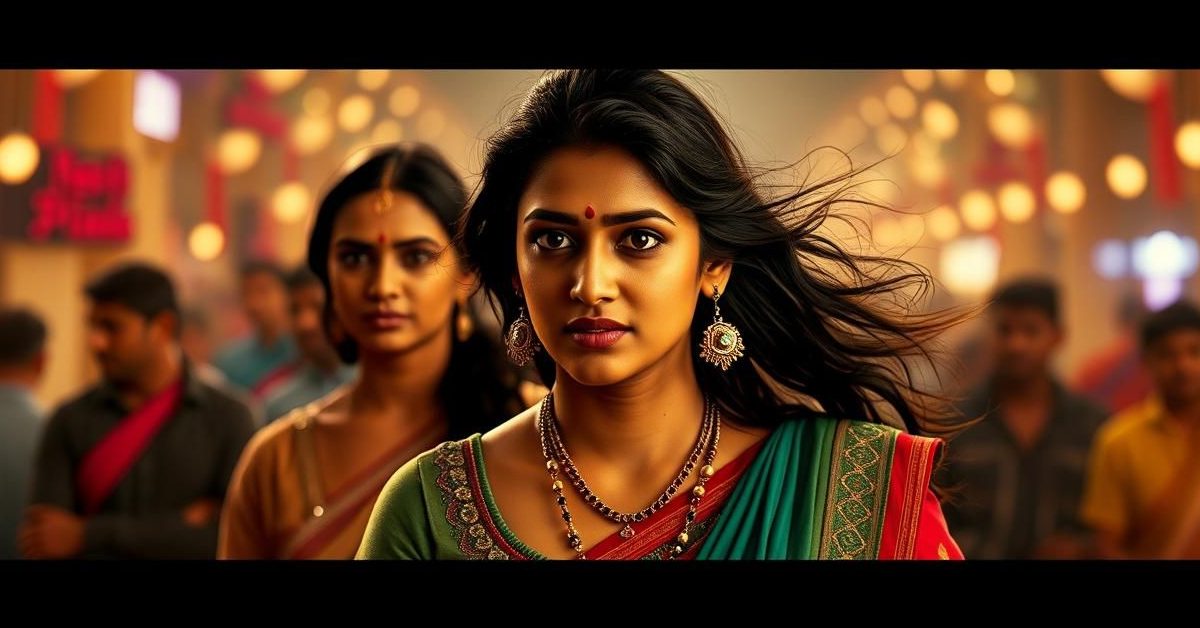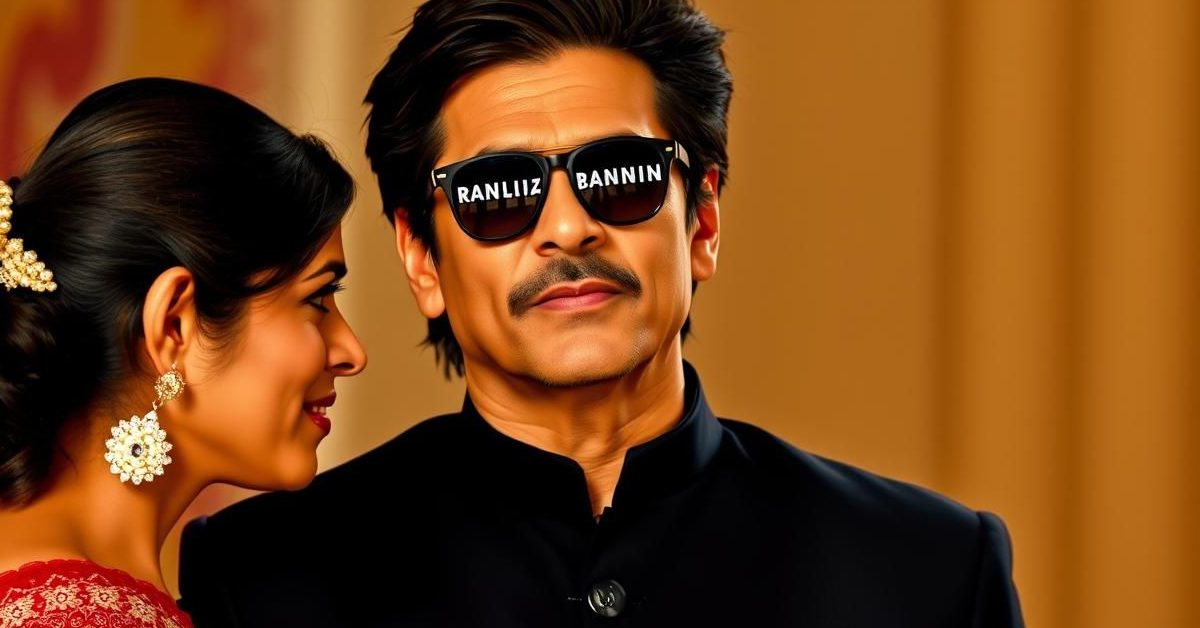Filmmaker Anurag Kashyap recently discussed his long-standing battles with the Central Board of Film Certification (CBFC), highlighting instances of censorship and what he views as a lack of understanding regarding creative freedom.
A History of Censorship
Anurag Kashyap’s cinematic journey has been marked by frequent clashes with the CBFC. His debut feature, *Paanch* (2003), faced significant hurdles due to its portrayal of violence, drug use, and language, leading to its eventual lack of theatrical release despite being cleared.
Similar challenges arose with *Black Friday* (2004) and *Bombay Velvet* (2015), underscoring a consistent tension between his artistic vision and the board’s regulations.
The ‘Janaki’ Controversy and Naming Dilemmas
Kashyap recently weighed in on the *Janaki v/s State of Kerala* controversy, where the CBFC objected to a character’s name due to its resemblance to a mythological figure. He expressed frustration over the restrictions on naming characters, questioning what remains for creators if they cannot use names from mythology or even those of living people.
According to Kashyap, such limitations force filmmakers to create bland characters without depth or “greyness,” hindering realistic storytelling.
Defining Adulthood and Combating Piracy
The director criticized the “handholding” approach of censorship, arguing that it prevents audiences from developing their own critical thinking skills. He defined an adult as someone capable of independent thought and choice, yet he feels the system denies individuals that right.
Kashyap warned that excessive censorship doesn’t stop people from accessing content but instead pushes them towards piracy, undermining the legitimate film industry.
Art as a Societal Mirror
For Kashyap, cinema’s true purpose isn’t to deliver moral lessons but to hold a mirror up to society. He believes art should expose uncomfortable truths, allowing people to confront their “horrific ugliness, prejudices, biases, narrow-mindedness.”
He lamented that this reflective function of cinema is increasingly suppressed because people are unwilling to face their own flaws. He noted the irony of politicians freely using abusive language while demanding purity in films.
The Dictionary Incident
Kashyap recounted a memorable incident where he had to bring a Hindi dictionary to a CBFC screening. The board had objected to a specific Hindi word, misinterpreting its meaning.
He explained that the word, often deemed offensive, simply means “a stupid person” in its common usage. He pointed out that many decision-makers in the CBFC, particularly in regions where Hindi is not the primary language, misunderstand such nuances, leading to arbitrary objections.
- Anurag Kashyap has a long history of disputes with the CBFC over film content.
- He believes current censorship policies restrict artistic freedom, especially in character naming.
- Kashyap argues that excessive censorship hinders audience growth and inadvertently promotes piracy.
- He advocates for cinema as a reflection of society, not a purveyor of moral lessons.
- The filmmaker once brought a Hindi dictionary to a CBFC screening to clarify a word’s meaning.
Kashyap’s ongoing commentary highlights a crucial debate on artistic expression, audience maturity, and the evolving role of censorship in the digital age.















